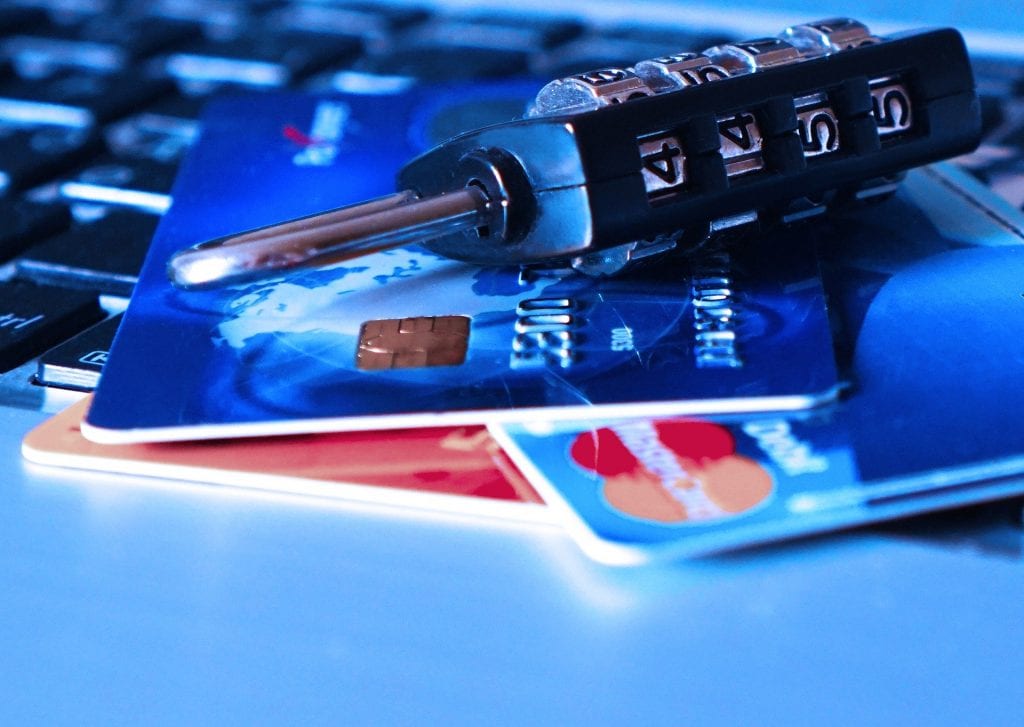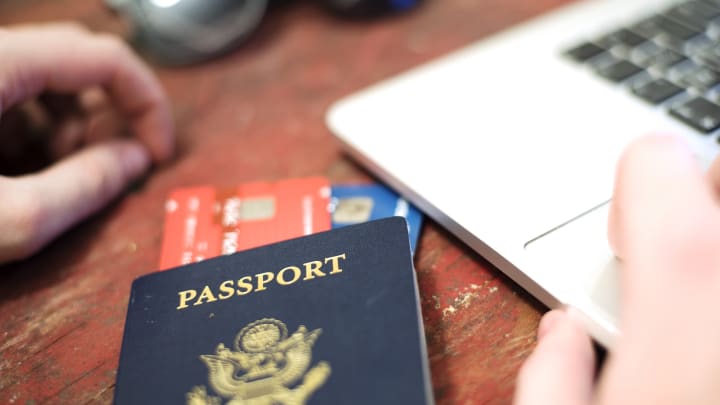Types of Identity Theft – Look Out for These Signs
Warning Signs of Identity Theft | What You Should Be Aware Of
Everyone is At Risk of Identity Theft
Thanks to the recent massive data breach at Equifax, Americans are at greater risk than ever before. The volume of exposed information makes it more likely that crooks will be able to open fraudulent new accounts in your name and drain your existing ones. Outside protection services can help, but nothing is 100% guaranteed – therefore it’s important that you keep a close eye on all of your accounts and look for anything unusual.
Credit, Financial, Medical
Common red flags indicating fraud include:
- Statement for credit accounts you didn’t open
- Credit report errors
- Collection notices for unfamiliar credit accounts or medical bills
- Increase in your credit card APR
- Denials of loans or other lines of credit
- Bills for items or services that you didn’t purchase or insurance
- Explanations of Benefits (EOB) for medical procedures that you didn’t receive
- Unusual health-related communications (notices from doctors or treatment centers that you don’t recognize and/or ads for treatment of conditions you don’t have)
If one of these red flags applies to you, what’s your next step? That depends on the category of red flag that you spot. In almost all of these cases it’s wise to file a credit freeze with the three major credit bureaus (Experian, TransUnion…and yes, Equifax) to prevent further damage, and file a complaint with your local police department and the Federal Trade Commission (FTC) for any actual fraud.
From there, it’s on to corrective action.
Credit-related problems start with a thorough review of your credit report. You can check your credit score and read your credit report for free within minutes using Credit Manager by MoneyTips. Make sure that you get a copy from all three credit bureaus, as only one may be in error. Send a written report to each credit reporting company outlining all errors and fraudulent accounts. They must investigate the item in question within 30 days and give you their results in writing. You can get copies of all three credit reports quickly and easily at Credit Manager.
Meanwhile, send letters to each of the groups that provided incorrect information (generally creditors) letting them know of your dispute, and cancel any accounts that you did not open. We hope that you act early enough to minimize the damage – but be prepared for a prolonged fight.
For medical questions, submit a medical records request with your physician. Unusual EOBs will require follow-up with the insurer that issued the EOB (whether or not it’s your insurer). EOBs can be difficult to interpret and are often confused with billing statements, so seek professional assistance if necessary – and ultimately, you may need legal representation.
Taxes
Tax-related flags include denial of your tax return because one has already been filed in your name or a dependent’s Social Security number has already been claimed, or a request to file taxes on income that you didn’t earn. They represent the opposite ends of the tax fraud spectrum – in one case, people are attempting to get money by claiming a fraudulent return, in the other, they are attempting to avoid paying taxes at all.
In all those cases, your first stop is the IRS. Fill out IRS Form 14039 to notify the agency of a fraudulent filing and mail it in along with a copy of a suitable government-issued ID. Follow any notices or requests for information that the IRS sends you – those notices will give you directions on the next step. Note: the IRS uses the U.S. mail for contact. A phone call or e-mail from anyone claiming to be an IRS agent is likely to be a scam.
Government
Any distortion of your work history will cause your Social Security benefits to be incorrect and could result in denial or delay of other government benefits. You can check your Social Security record online by creating an account on the Social Security Administration (SSA) website, or you can go to your local SSA office for assistance.
If someone is fraudulently using your driver’s license information, it may show up in a number of ways. You could have trouble renewing your license, find that you are denied jobs or rental/utility applications, or see your auto insurance rates skyrocket for no obvious reason.
Contact your state Department of Motor Vehicles (DMV) or equivalent and ask for a copy of your record to look for errors. (Note: The report may not be free.) Follow up with your local police department for recommendations on a reputable company to find and correct any erroneous information in your background check. Check with your insurance company for details on any rate increases and how to correct any false information.
General
Are you not receiving regular communication on a revolving credit account, such as bills or statements? Contact that creditor directly to find out if there is a mix-up regarding your address or if someone has hijacked your account. If you have online access, make sure that your password still works and check your account information for any errors.
The Takeaway
Credit freezes and identity theft protection services can go a long way toward protecting you from fraudulent accounts being opened in your name. It’s up to you to monitor the effectiveness of those services and to protect the accounts that you already have.
If something doesn’t look right on one of your accounts – such as unexplained charges, incorrect account information, sudden changes in your account terms or billing address – don’t ignore your finding. Take action. Understand the reason for the anomaly and take steps to correct any errors that you find. It may be a simple, meaningless error – or it may be the first sign of many unpleasant financial challenges to come. With quick action, you can limit the damage.
Free membership to MoneyTips includes our credit monitoring service at no charge. Premium MoneyTips members enjoy more protection, including advanced identity theft and fraud alerts as well as $1 million identity theft insurance, for less than $10 per month.
If you have any questions concerning identity theft, contact American Document Destruction and we can assist you!





